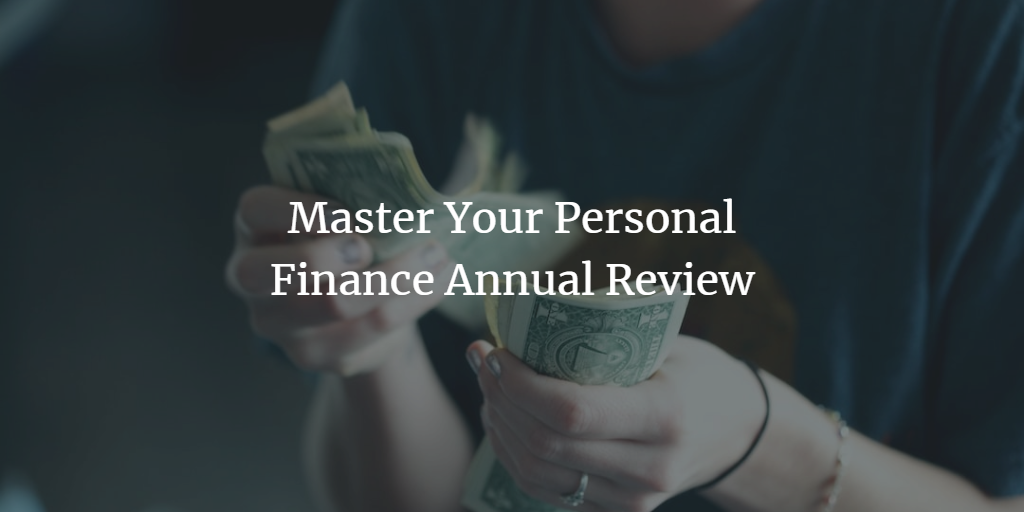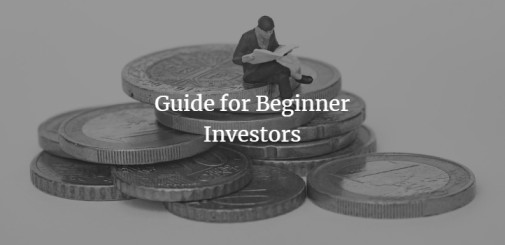A personal emergency fund is one of the most important things you should have in your financial arsenal. It is just like a savings account set aside only for emergencies. The money in this account can be used to cover unexpected expenses that come up, such as job loss, car or home repairs, and medical bills.
Creating a personal emergency fund seems like a difficult task but it’s actually not that difficult if you start small and start building it steadily. Some of the tips which you can use to build the emergency fund,
- Start small. It’s better to start small and gradually increase your savings than to try to save too much at once and end up struggling.
- Automate your savings. Automating your savings is a great way to make sure you’re always putting money aside for emergencies.
- Make it a priority. Emergency expenses can happen at any time, so it’s important to make your emergency fund a priority.
- Decide what works best for you. There is no one “right” way to build a personal emergency fund; find the method that works best for you and stick with it.
What is an Emergency Fund?
An emergency fund is just like a savings account that helps you prepare for unexpected expenses. It’s typically a small, liquid account or can be a fixed deposit account that doesn’t earn much interest, but it’s easy to get at and can provide peace of mind. The money in your emergency fund should be accessible if you need it at any time, which is why it’s best to keep it in a savings account. Because if you need that money, you don’t want to have to sell your investments, because that could end up costing you more in the long run.
The main purpose of having an emergency fund is to provide financial security by creating a safety net which can be used in case of emergencies such as medical emergencies or car repairs. They also help with things like natural disasters or job loss.
How an Emergency Fund Can Save You from Financial Crisis
Imagine this: You’re out of work and don’t have any money saved up. You need to pay rent this month, but you also need to buy food and cover your other bills. What do you do?
Most people would probably start borrowing money from family and friends, or take out a loan from a bank or credit union. But what if you can’t do that? What if you’ve already borrowed all the money you can from your loved ones? What if you don’t have a good credit score and can’t get a loan?
In situations like this, it’s important to have an emergency fund. An emergency fund is simply a savings account that’s specifically meant for emergencies. It’s a way to make sure that you have money saved up in case something unexpected happens.
That’s why it’s important to have an emergency fund. It gives you a safety net in case of tough times.
How Much Should I Save in My Emergency Fund?
An emergency fund is a savings account that you can access in the event of an emergency. It is meant to cover your expenses for 3-6 months. The best size of an emergency fund differs from individual to individual, and also depends on factors like your financial situation, your expenses, and your debts. If you are a conservative individual having anything between 6-12 months of your monthly expenses in the emergency fund should be good enough.
If you want to know how much you should save, the answer depends on what your goals are and what risk tolerance level you have. The higher the risk, the more money you need to be saved up.
What is the Best Way to Save Money for Emergencies?
Saving money is not always easy, but there are many ways to save money and make it easier in the future.
The first step is to take a look at your spending habits and see where you can cut back. For example, if you don’t need that car payment, then get rid of it. If you don’t need cable TV, then get rid of it. If you’re paying for a gym membership that you never use, then cancel it.
Another way to save money is to find a side hustle or small business on the side. You can use this as an additional source of income or just as a way to make some extra cash on the weekends. Either way, this will help save money when emergencies come up in your life and help lessen the blow financially when they do happen.
If you are living paycheck to paycheck then you can start by keeping 1-5% of your income in a rainy day fund and thus start slowly but steadily to get that money saved up for emergencies.
Once you’ve determined how much to save, the next step is actually putting it away and growing your emergency fund. Here are some tips to help you get started:
- Pay yourself first. This means that you should set aside the designated amount each month before paying other bills.
- Rearrange your budget. See if there are areas of your budget that you can reduce or eliminate temporarily in order to add more money to your emergency fund each month.
- Find extra cash. Look for ways to make extra money, such as selling items you don’t need or working freelance gigs on the side.
- Try saving hacks. There are plenty of ways to save money without completely changing your lifestyle, such as meal prepping, making a shopping list and sticking to it, and buying generic items rather than brand names.
Where Should I Keep My Emergency Fund?
Great job so far on establishing your emergency fund! Now, it’s important to make sure that your hard-earned money is in the right place, and that you have a few options to consider.
For starters, you could go with a traditional savings account. This is great if you need access to your money quickly because a savings account can be opened in most banks and accessed from an ATM or debit card. Plus, some accounts come with added bonuses like interest and rewards for banking activities.
Is an Emergency Fund Worth It?
Now you know what an emergency fund is and why you should have one. But is it really worth investing effort and money into setting up your own?
I’d say a resounding yes! Having an emergency fund helps you sleep better at night knowing that, if something unexpected crops up, you will have the financial means to handle it. It allows you to handle life’s inevitable hiccups without the stress of having to juggle money from different sources.
Plus, an emergency fund can help prevent more dire financial situations like debt or high-interest loans. It can also come in handy for day-to-day emergencies like needing extra cash for car repairs or an unanticipated doctor visit.
All in all, having a secured, reliable source of money when times get tough is invaluable and well worth the effort of setting up your own personal emergency fund.
Conclusion: The Benefits of Having a Personal Emergency Fund
To be honest emergency funds can help you convert your major life crisis into just a slight inconvenience. It is important to have an emergency fund because it will provide you with financial stability and security in the event of a crisis. It can also help you avoid high-interest loans and credit card debt.
The best way to start building your emergency fund is to make a plan and set some goals. Figure out how much money you’ll need to have in your fund, and make a commitment to yourself to save that amount over time. You can start small, and gradually increase your savings as you get closer to your goal.
It’s also important to make sure that you have a savings account specifically for your emergency fund. This will make it easy to access the money when you need it, and you won’t have to worry about penalties or fees.
Finally, make sure to stay motivated and committed to your goal. Remember, your emergency fund is there for you when you need it, so make sure to keep it topped up!
 Gopesh Sharma
Gopesh Sharma 
 Financially Prepared: Master Your Personal Finance Annual Review
Financially Prepared: Master Your Personal Finance Annual Review